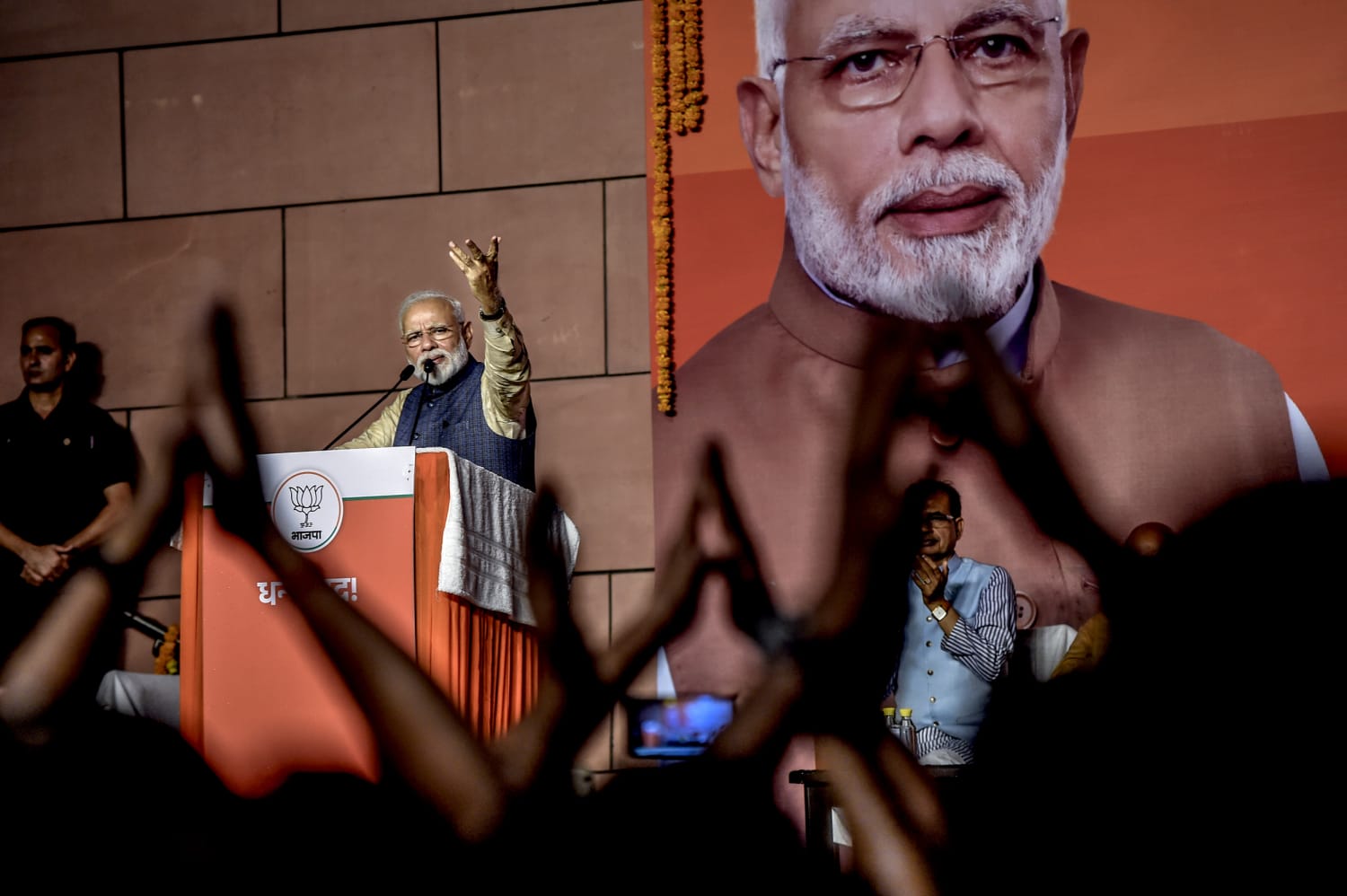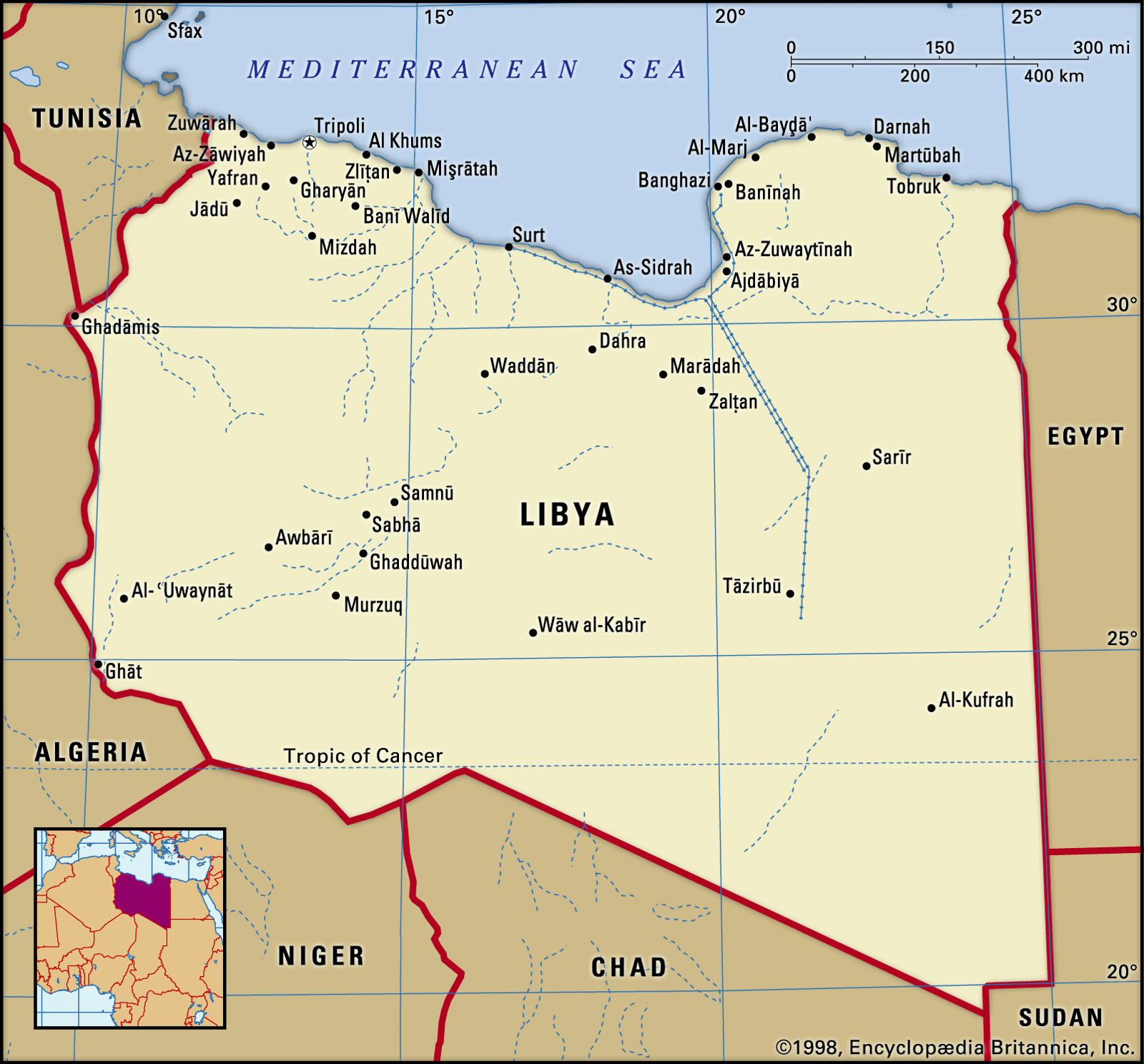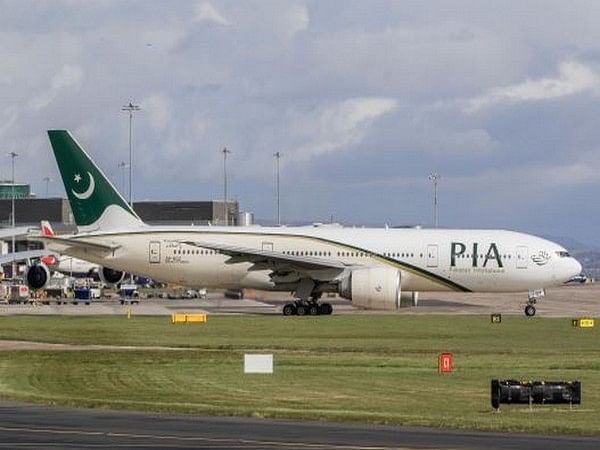Bilawal Kamran
ndia’s recent foreign policy trends highlight a clear and consistent theme: the prioritization of national interests over external pressure. Despite the complex global environment dominated by U.S. influence, India continues to act as a strategically independent state. This reflects a historical continuity rooted in India’s approach during the Cold War era when it aligned with the Non-Aligned Movement (NAM) rather than fully subscribing to either the American or Soviet blocs.
Today, that same principle remains visible. The United States has attempted to rally allies against China and Russia, applying economic and diplomatic pressure, yet New Delhi has charted its own path. By balancing its relations with all major powers, India demonstrates that it seeks to avoid becoming a satellite of any geopolitical agenda.
One of the most prominent examples of India’s independent decision-making is its continued purchase of Russian energy, despite clear disapproval from Washington. Following the Ukraine conflict and U.S.-led sanctions, many countries scaled back their energy imports from Moscow. India, however, emphasized its sovereign right to secure affordable energy for its population of over 1.4 billion people.
By continuing to import Russian oil, India underscored its policy of strategic autonomy. It conveyed that external warnings, even from the world’s most powerful nation, would not override its domestic economic and energy imperatives. This approach not only safeguards India’s immediate needs but also reinforces its image as a self-reliant global actor.
Watch Republic Policy on YouTube
Prime Minister Narendra Modi’s leadership has been central to projecting India’s confident foreign policy posture. On several occasions, former U.S. President Donald Trump issued public statements and even veiled threats against India, particularly regarding trade policies and energy imports. Yet the Indian government avoided public confrontation while firmly maintaining its course.
This strategy reinforced the perception that India would not succumb to intimidation or transactional diplomacy. Modi’s firm yet pragmatic stance allowed India to manage its relations with Washington without compromising its independence. For global observers, this has positioned India as a mature and self-assured actor in international affairs.
Follow Republic Policy on Twitter
India’s approach reflects a long-term strategic vision rather than reactive policymaking. By adhering to its principle of national interest first, India is building credibility as a reliable and predictable global partner. Short-term compliance with foreign pressure could bring temporary relief but risks undermining its sovereignty and reputation.
The challenge lies in sustaining this independence in the face of prolonged geopolitical pressure. As the U.S. continues to balance its interests with China and Russia, India will inevitably face new tests of its resolve. The ability to endure these pressures will define the success or failure of India’s current foreign policy model.
Connect with Republic Policy on Facebook
During Donald Trump’s presidency, India encountered a style of U.S. leadership that combined pressure, public messaging, and transactional demands. Trump’s direct approach created a challenging environment for India, which had to navigate between safeguarding its interests and maintaining cordial ties with Washington.
Despite the difficulty, India demonstrated diplomatic resilience. It maintained cooperation where beneficial—such as in security and technology—while politely rejecting alignment where its interests diverged, particularly on energy imports and regional strategic autonomy. This balancing act strengthened India’s global standing as a principled yet pragmatic power.
Explore Republic Policy on Instagram
In the current multipolar order, India’s choices carry regional and global implications. By refusing to take rigid sides, India preserves its ability to mediate, negotiate, and expand influence across multiple geopolitical theaters. Its strategic autonomy positions it as an essential player in Asia’s evolving power dynamics.
However, this path demands consistency and internal strength. Economic stability, energy security, and robust institutions are essential to sustaining an independent foreign policy. Without them, external pressure could become harder to resist in the future.
Watch Republic Policy on TikTok
India’s current foreign policy is a calculated assertion of sovereignty. By prioritizing national interests, refusing to bend under U.S. pressure, and pursuing independent engagement with global powers, India is shaping a new narrative of self-confident diplomacy.
The ultimate test lies in endurance. Can India maintain this strategic autonomy in the face of shifting global alliances and long-term pressure from the world’s leading powers? If it succeeds, it will not only protect its sovereignty but also reinforce its role as a decisive force in global politics.
Published by Republic Policy Think Tank For more in-depth analysis and strategic insights, follow us:















